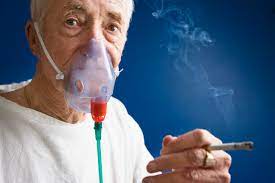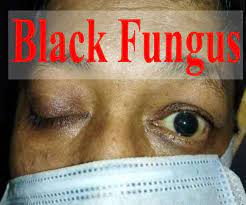Introduction:
Black fungal disease, also known as mucormycosis, is a rare but serious fungal infection. It can affect the sinuses, lungs, skin, and brain. People with weakened immune systems, such as those with diabetes or cancer, are at increased risk of developing black fungal disease.
Body:
What is black fungal disease?
Black fungal disease is caused by a group of molds called mucormycetes. These molds are found in soil, decaying organic matter, and air. People can get infected with black fungal disease by inhaling the mold spores or touching the mold spores and then touching their eyes, nose, or mouth.
Symptoms of black fungal disease
The symptoms of black fungal disease vary depending on the part of the body that is infected. In the sinuses, black fungal disease can cause:
- Nasal congestion or blockage
- Nasal discharge (blackish/bloody)
- Local pain on the cheekbone
- One sided facial pain, numbness, or swelling
- Blackish discoloration over the bridge of nose/palate
- Toothache, loosening of teeth, jaw involvement
In the lungs, black fungal disease can cause:
- Cough
- Fever
- Chest pain
- Shortness of breath
- Wheezing
- Pneumonia
In the skin, black fungal disease can cause:
- Blackish lesions on the skin
- Painful ulcers
- Swelling
- Fever
In the brain, black fungal disease can cause:
- Headache
- Fever
- Confusion
- Seizures
- Brain abscess
Causes of black fungal disease
The most common cause of black fungal disease is exposure to the mold spores. This can happen through inhalation, ingestion, or contact with the skin. People with weakened immune systems are more likely to develop black fungal disease, as are people who have diabetes, cancer, or chronic kidney disease.
Prevention of black fungal disease
There is no sure way to prevent black fungal disease, but there are some things you can do to reduce your risk:
- Avoid contact with moldy areas.
- Wear a mask and gloves when cleaning up mold.
- Keep your immune system strong by eating a healthy diet, exercising, and getting enough sleep.
- Manage your diabetes and other chronic conditions.
Treatment for black fungal disease
Black fungal disease is a serious condition that requires prompt medical attention. Treatment usually involves antifungal medications, surgery, and supportive care. The type of treatment will depend on the severity of the infection and the part of the body that is infected.
Conclusion:
Black fungal disease is a serious but treatable condition. If you think you may have black fungal disease, it is important to see a doctor right away. Early diagnosis and treatment are important to improve the chances of a successful outcome.





















Leave a Reply